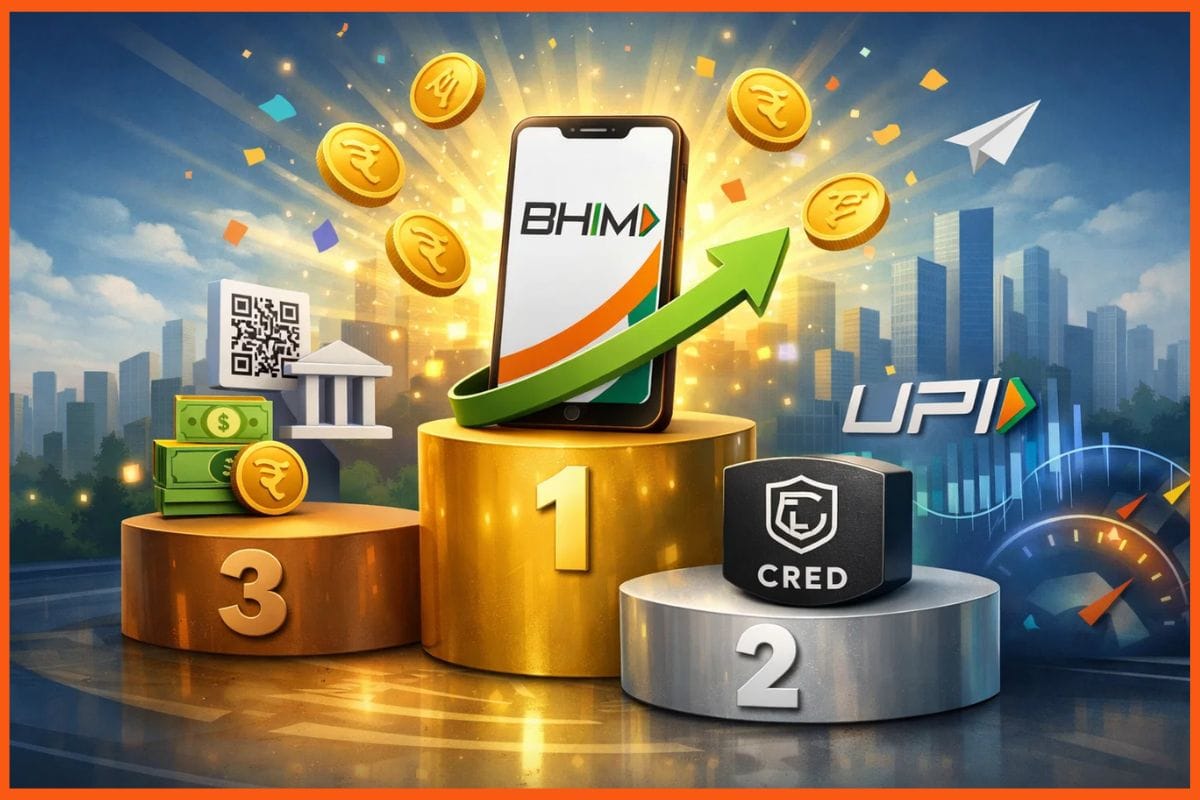PUBG cuts ties with Tencent to avoid India's ban on Chinese apps
News 📰
PUBG Corporation said in a statement on Tuesday that Tencent Games in India will no longer be authorized to publish the mobile version of its PUBG franchise. The South Korean gaming company said it will take on all publishing responsibilities itself within the country, where PUBG was the biggest grossing mobile game last month. India is PUBG Mobile's largest market, accounting for nearly $34 billion of its value in two days.
The Indian government earlier this week had banned PUBG Mobile and 117 other Chinese apps including Apus Launcher Pro, AppLock, WeChat Work, Baidu among others. Soon after the ban was announced, PUBG was removed from Google Play Store and Apple App Store. However, it has not been blocked by the Internet service providers yet which means that the users who already have the app installed can still use.


In a statement, the company said, “PUBG Corporation has made the decision to no longer authorize the PUBG MOBILE franchise to Tencent Games in India. Moving forward, PUBG Corporation will take on all publishing responsibilities within the country. As the company explores ways to provide its own PUBG experience for India in the near future, it is committed to doing so by sustaining a localized and healthy gameplay environment for its fan.”
Why was PUBG banned in India?
PUBG Corporation is a South Korean Company and not a Chinese company. However, the mobile version of the PUBG game was developed by Tencent Games, which is a Chinese company. This was the reason why only the PUBG Mobile was banned and not the PC or console version of the app.
The government on 2nd September banned 118 applications- a majority of being Chinese, including popular ones such as PUBG, WeChat Work, CamCard, Rise of Kingdoms: Lost Crusade and Alipay; stating that these were "prejudicial to sovereignty and integrity of India, security of State and public order." This is in addition to banned Chinese 59 apps including TikTok, Shareit, club Factory, Shein in June to ensure safe cyberspace in the country. These banned chinese apps had over billions of potential Indian users and these apps were successful in luring the users to download them in large numbers.
The Ministry of Electronics and Information Technology (Meity), said it was invoking its power under section 69A of the Information Technology Act read with the relevant provisions of the Information technology (Procedure and Safeguards for Blocking of Access of Information by Public) Rules 2009, and in view of the emergent nature of threats has decided to block 118 mobile apps; engaged in activities which is prejudicial to sovereignty and integrity of India, defence of India, security of state and public order.

PUBG has a massive fan base in India with every other teen that has it installed in his/her device. The recent ban came as a shock to everyone but PUBG Corporation has seen an overwhelming amount of support for the game from the country’s player base. It looks like PUBG is analyzing every move to make its comeback in India, As India is its largest market with more than 175 million downloads. PUBG is exploring ways to provide its own experience for India soon.
Must have tools for startups - Recommended by StartupTalky
- Convert Visitors into Leads- SeizeLead
- Website Builder SquareSpace
- Run your business Smoothly Systeme.io
- Stock Images Shutterstock






